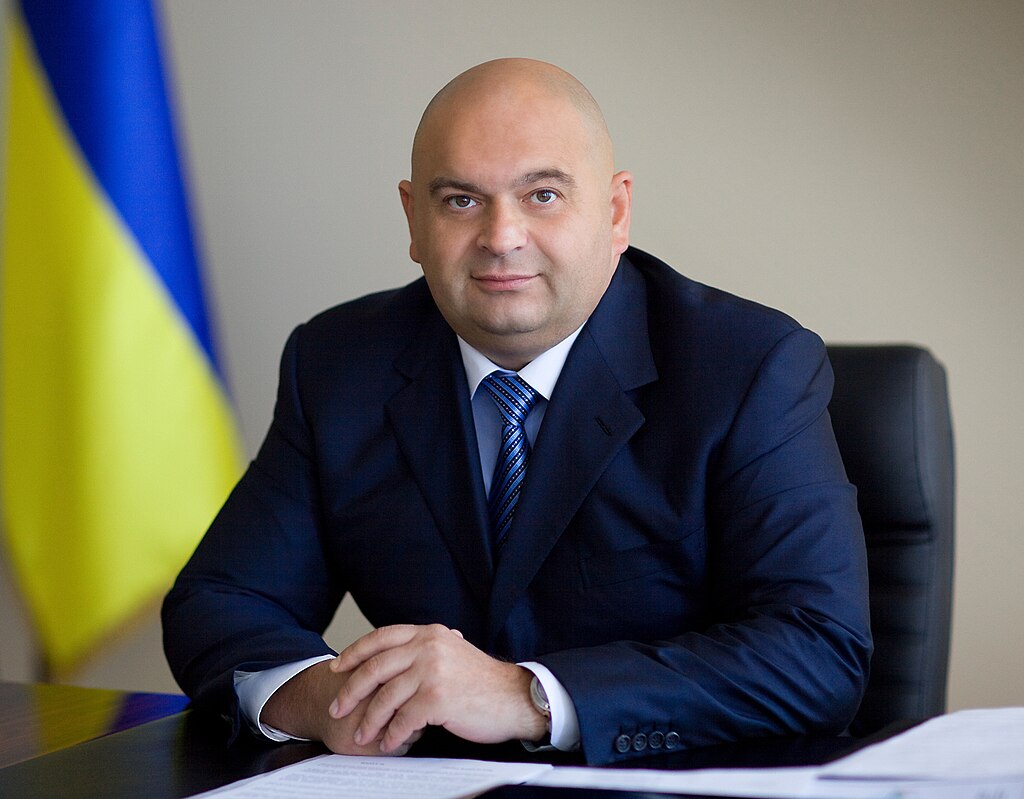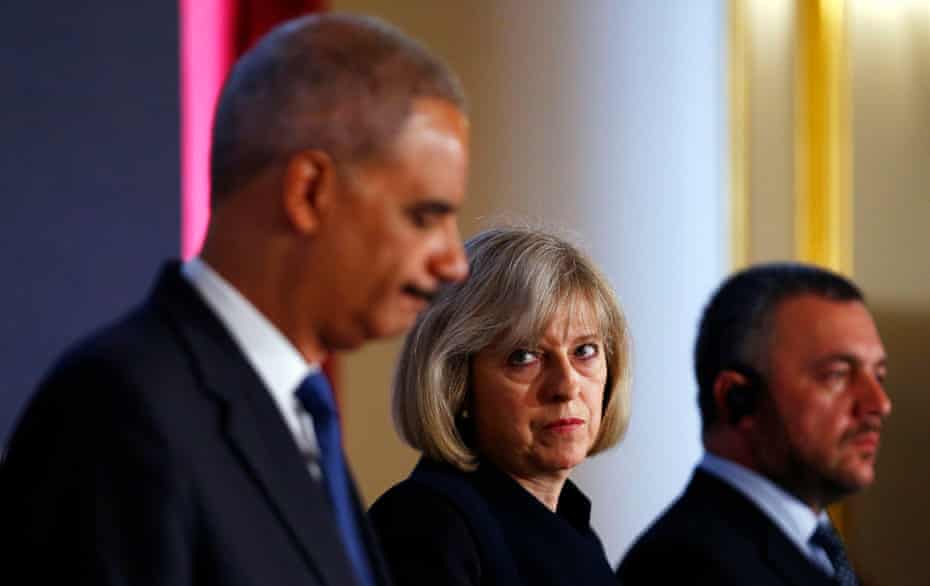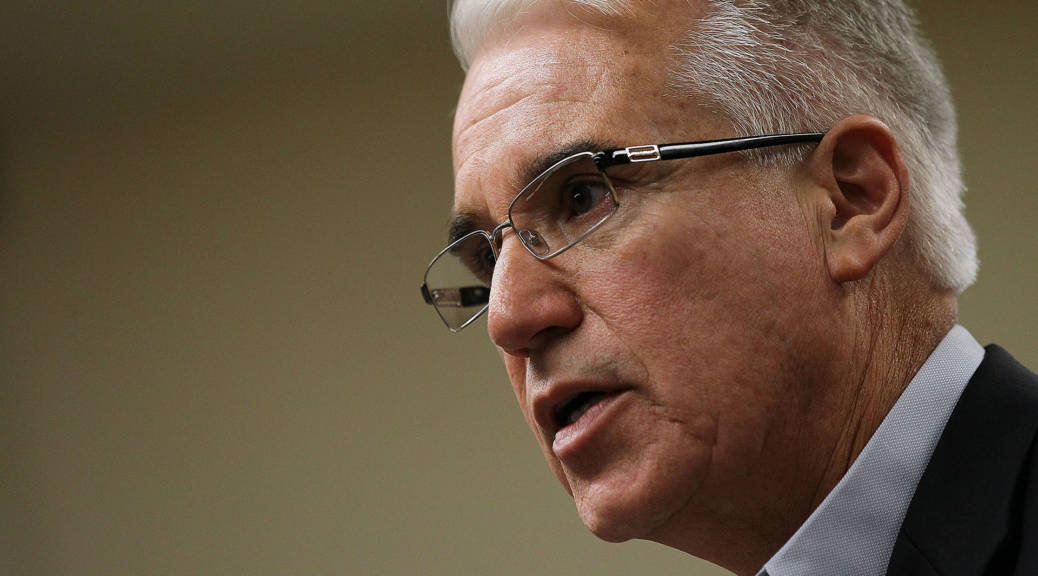The post also stated that Wong’s lawyer was unable to meet with him, and that Wong had been transferred back to prison after giving the statement, which was not disclosed.
Separately, John Clancey, an American human rights lawyer who works at law firm Ho Tse Wai & Partners, was granted bail, his associate said. He was one of 53 activists arrested Wednesday under the national security law. He couldn’t be reached for comment.
At least some of the others were released on bail late Thursday from various police stations where they had been held. One, veteran activist and former lawmaker Leung Kwok-hung, unfurled a banner that blasted the national security law as he left.
China has expanded the power of its Central Military Commission
(There is hardly an expectation that the Biden administration will take any aggressive action against China or would maintain existing current China policy under the Trump/Pompeo architecture. At risk especially is Taiwan and Hong Kong.)Read on as President Xi is asserting more power during the power transition underway in the United States.
(CMC) – headed by President Xi Jinping – to mobilise military and civilian resources in defence of the national interest, both at home and abroad.Revisions to the National Defence Law, effective from January 1, weaken the role of the State Council – China’s cabinet – in formulating military policy, handing decision-making powers to the CMC.
For the first time, “disruption” and protection of “development interests” have been added to the legislation as grounds for the mobilisation and deployment of troops and reserve forces.The legislation also specifically stresses the need to build a nationwide coordination mechanism for the mobilisation of state-owned and private enterprises to take part in research into new defence technologies covering conventional weapons, as well as the non-traditional domains of cybersecurity, space and electromagnetics.
Military and political analysts said the amendments aimed to strengthen the country’s military leadership under Xi, providing it with the legal grounds to respond to the challenges of accelerating confrontations between China and the US.
Deng Yuwen, a former deputy editor of the Communist Party publication Study Times,said the amendments aimed to legalise and formally apply the “special” nature of China’s political and defence system when dealing with situations that could harm the regime at home and abroad.“China’s political nature is very different from many countries … it’s not surprising for Beijing to enhance the leadership of the CMC when the PLA is going out to defend China’s national interests across the world,” said Deng, who is now an independent political commentator in the US.
China’s success at controlling the Covid-19 pandemic has been seen by Beijing as an endorsement of the Communist Party’s authoritarian rule, particularly as many Western countries are still struggling with rising numbers of infections.
Chen Daoyin, an independent political commentator and former professor at the Shanghai University of Political Science and Law, said the changes showed the regime had gained the confidence to legitimise its long-standing principle that “the party commands the gun” and stamp its “absolute leadership over armed and reserved forces”.
“The move to include ‘development interests’ as a reason for armed mobilisation and war in the law would provide legal grounds for the country to launch war in the legitimate name of defending national development interests,” Chen said.
Zeng Zhiping, a military law expert at Soochow University, said one of the big changes of the law was the downgrading of the State Council’s role in formulating the principles of China’s national defence, and the right to direct and administer the mobilisation of its armed forces.
“The CMC is now formally in charge of making national defence policy and principles, while the State Council becomes a mere implementing agency to provide support to the military,” said Zeng, who is also a retired PLA lieutenant colonel.
“It’s a big contrast when compared with developed countries like Israel, Germany and France, which prefer to put their armed forces under civilian leadership. Even in the US, the civilian-led defence ministry plays a more important role than their military top brass, the Joint Chiefs of Staff.”
Taipei-based military expert Chi Le-yi said the amendments highlighting the use of armed forces to suppress national disruption would be used to target independence-leaning forces in Taiwan, which Beijing regards as part of its territory.
Chi said the ultimate goal of the amended defence law could be seen as Beijing’s latest response to the US policy of comprehensive strategic containment of a rising China.
“The Chinese Communist Party now has strong crisis awareness as it faces various new security challenges, pushing the PLA to come up with a new defence policy soon after completing the establishment of top-down commanding and coordinating systems under Xi’s leadership,” Chi said.
“The law revision is also a symbolic battle call by the party to warn all Chinese people to be combat-ready for a nationwide defence mobilisation, which the party has never done since [it came to power] in 1949.”
The amendments were passed by the National People’s Congress on December 26, after two years of deliberation. Three articles were removed, more than 50 were amended, while there were six additions. In a media conference earlier in December, a spokesperson for the CMC’s legislative affairs bureau said the changes gave the PLA a clear direction in its modernisation and development goals.








